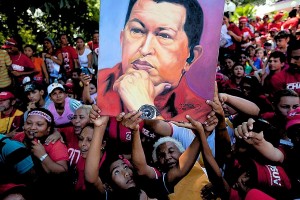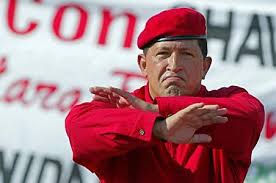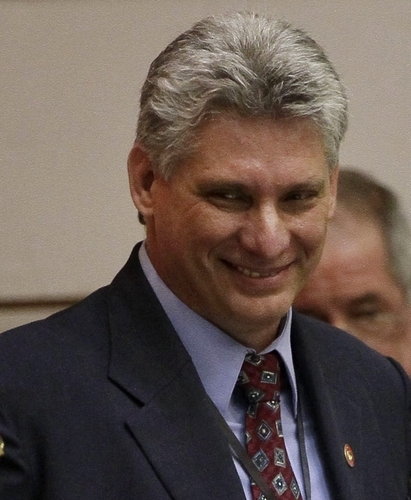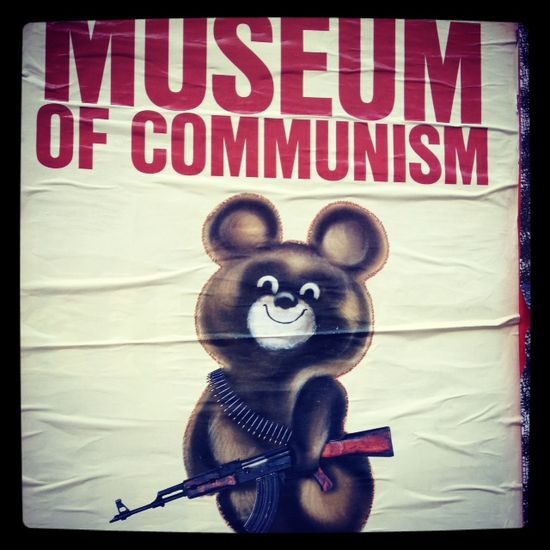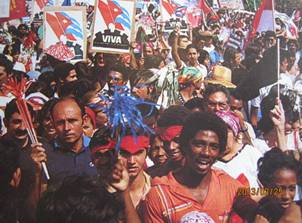 I believe I have successfully crossed the threshold of the 21st Century, a century that I prefer to believe more inclusive, comprehensive, and cohesive. After having been educated in certain social and ideological intolerance, I’ve gotten past them. My lesbian friends — they aren’t my friends so I can be “tuned in” — rather because their friendships enrich my life. I have other friendships whose political or religious posture could make us enemies, but for a long time my values of good and evil are established according to my beliefs; no more will I leave in other hands the thinking I should be doing for myself.
I believe I have successfully crossed the threshold of the 21st Century, a century that I prefer to believe more inclusive, comprehensive, and cohesive. After having been educated in certain social and ideological intolerance, I’ve gotten past them. My lesbian friends — they aren’t my friends so I can be “tuned in” — rather because their friendships enrich my life. I have other friendships whose political or religious posture could make us enemies, but for a long time my values of good and evil are established according to my beliefs; no more will I leave in other hands the thinking I should be doing for myself.
Gender-based violence just hasn’t not disappeared, but it remains buried, and sometimes so much so in our machista society, where the publicity campaigns look very pretty on the posters and audiovisuals; but looking at it closely, or listening to reggae music, you see it like a persistent bad weed.
The quantity of women with whom I’ve discussed this subject who have confessed to being victims is alarming; victims of the passions of a boss and of the consequences of rejection, and the higher the position of the boss, the worse it is for the woman; some end up giving up and almost all remained silent about it in shame because they (we) were educated in blame.
It might seem contradictory from the above that I should defend Ángel Santiesteban. As I have known him for many years, and I’ve taken interest in this case from the beginning, I allow myself to doubt the transparency of the trial and the objectivity of the witnesses, and I allow myself to think that the accuser has been manipulated, “another subtle form of the exercise of violence.”
I see a group of intellectual women passing judgment on this case of which they do not possess sufficient evidence, despite adding that … nobody can judge these facts without knowing the depth of the damage …. I want to point out a quote from a letter these intellectuals circulated on International Womens’ Day … whoever uses these theories is reproducing aggression; like those who blame the victim of a rape of having provoked her aggressor.
It’s inevitable for anyone who knows even minimally the hostage state to which the Ladies in White have been subjected to keep that in mind. On the margins of political beliefs, to ignore the copious testimony of the violence exercised against them, is to blame them for having provoked their aggressor.
It’s not enough to bring focus on the phenomenon through a particular mention of an alleged act of violence and a general mention of the rest of the violence against women in our society. Anything one might do with this approach isn’t enough, given the environment tainted by the stereotypes in which we’ve lived. It won’t be with a bland and superficial reading of a text filled with ironies that the poet Rafael Alcides might write that the struggle for equality and respect. will be won. Equality and respect for women and for any other form of discrimination.
Translated by: JT
15 March 2013



